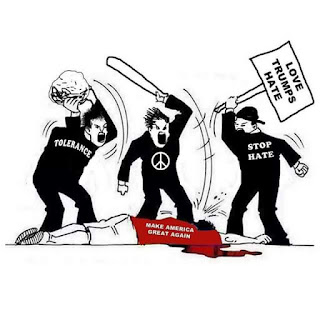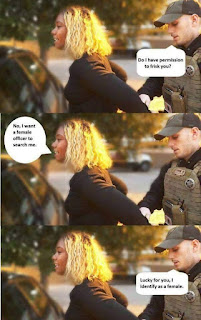The Guardian, UK
written by Emma Graham-Harrison in Kabul
Tuesday July 15, 2014
A car bomber has killed at least 89 people in an Afghan bazaar in probably the deadliest suicide attack of a war that is getting ever bloodier for civilians.
Western forces are heading home this year as the US seeks a "responsible end" to more than a decade of fighting, but Taliban fighters are using the summer to test Afghan forces still struggling in areas from logistics to intelligence.
Among the biggest tests has been a wave of attacks by hundreds of insurgents in northern Helmand, where several checkpoints have fallen. Roads cleared at great cost by UK and US forces are once again laced with hundreds of homemade bombs.
For civilians, the first six months of this year were the most dangerous since the Taliban's fall, the United Nations said last week. Nearly 5,000 were killed or injured, with women and children particularly vulnerable as ground fighting escalates.
Tuesday's bombing in Urgun, eastern Paktika province, was particularly vicious, striking ordinary shoppers in the holy month of Ramadan.
Two years ago, the Taliban bombed shoppers collecting food to break the daily fast in western Nimroz province and northern Kunduz, but did not kill as many people as Tuesday's attack.
At around 10am, police spotted the suicide attacker as he drove into their dusty town near the Pakistan border. They chased him down a main street lined with shops built from mud and wood that eventually gives way to a modest mosque – but he didn't make it that far.
"I was in the bazaar when I saw a police ranger driving after a Toyota Surf, shouting 'stop' through their radio speaker and shooting at it. Close to the bazaar, the Surf exploded," said Nasar Khan, an Urgun resident who was collecting supplies.
"I helped to pull eight bodies out from under the ruins of the shops," he said, adding that at least 20 stalls were destroyed and several families had been killed. "One man who sells car tyres was killed with four sons."
The town has little more than a clinic, so the army sent helicopters and ambulances to evacuate the injured, who were so numerous they overwhelmed the provincial hospital. By the afternoon, the toll was at least 89 dead and 42 injured, according to the defence ministry spokesman General Zahir Azimi.
The bombing was the first major attack since Afghan powerbrokers agreed a deal to rescue the country's stalled and fraud-ridden presidential election process, which the Taliban had denounced.
It seemed far removed from Kabul politics, however, with no government or military target among the dead, apart from the two policemen who tried to stop the bomber.
A Taliban spokesman said the group had no hand in the explosion. However, they have previously denied a role in killings that provoked popular disgust, including a recent suicide assault on a hotel in Kabul. A journalist, his wife and two children were gunned down at close range, and though the Taliban claimed responsibility for the attack, they denied shooting the young family.
"The Taliban rarely claim attacks which cause mass civilian casualties, even when they are responsible," said Kate Clark of the Afghanistan Analysts Network. "I would take this denial with a pinch of salt. They are the likeliest culprits."
The explosion was so big that it shocked even residents of a volatile area which sees frequent bloodshed – two Taliban bombs in Urgun and a neighbouring district killed 11 people earlier in the week.
"Some people pulled me out from the rubble," said shopkeeper Sharifuddin Aurfan, who was wounded. "The car was maybe 200 metres away, but I thought it was next to us because the blast was so loud. Four people from our village including the imam of the mosque have been killed. They are all ordinary people, no officials or commanders. I saw a mother with a toddler among the dead."
The deadliest previous suicide attack was at a dog fight in southern Kandahar province in 2008, when at least 80 people were killed. Spectators were so closely packed that emergency services had to gather up a macabre jumble of body parts, and the final toll was never confirmed.
The deadliest single bomb attacks have been Nato air strikes that targeted civilians by mistake, such as the German strike on stranded fuel tankers which killed more than 100 people who had gathered to siphon off their contents.
Since then, the alliance has tightened rules on bombings and cut civilian deaths and injuries dramatically. Although air strikes do still sometimes hit people's homes, the UN report found that insurgents caused three-quarters of civilian deaths and injuries.
Among the practices it condemned was indiscriminate attacks in civilian areas, including bazaars, and the targeting of government employees. The Taliban says they are legitimate targets, in defiance of international law.
Hours before the attack in Urgun, another bombing in Kabul killed two men who worked in the media office of President Hamid Karzai. A remotely detonated bomb hit the minibus that carried them to work, although they were far from their offices at the time. Five other peoples on board were injured.







































No comments:
Post a Comment